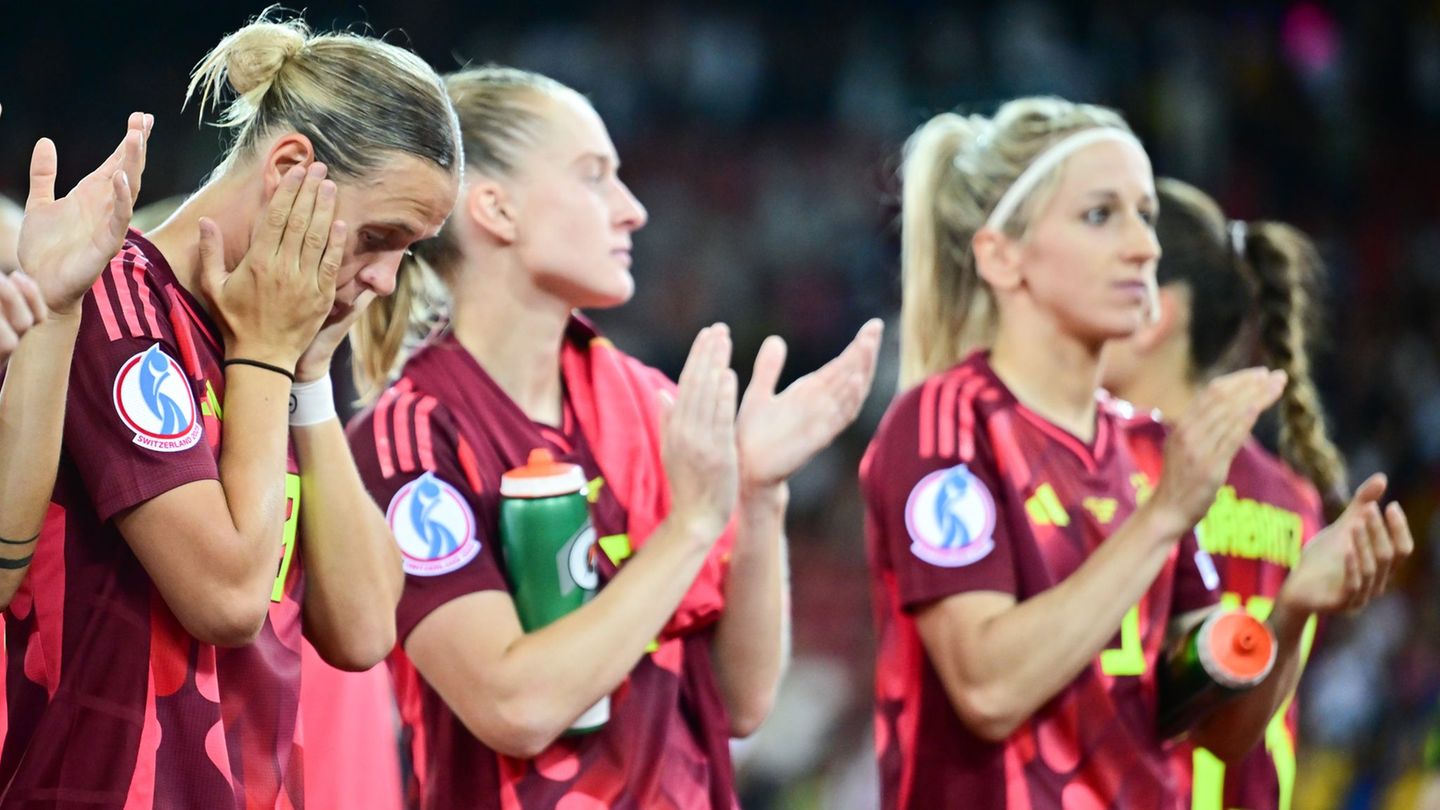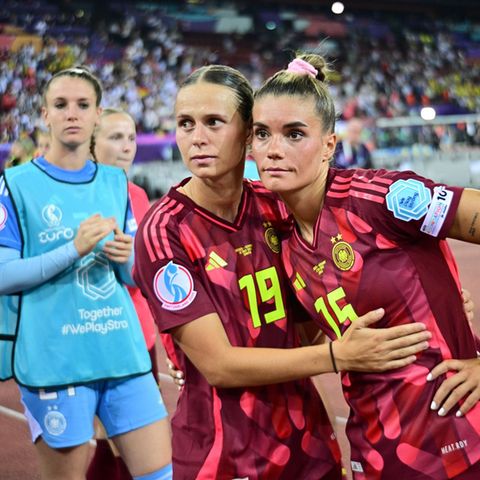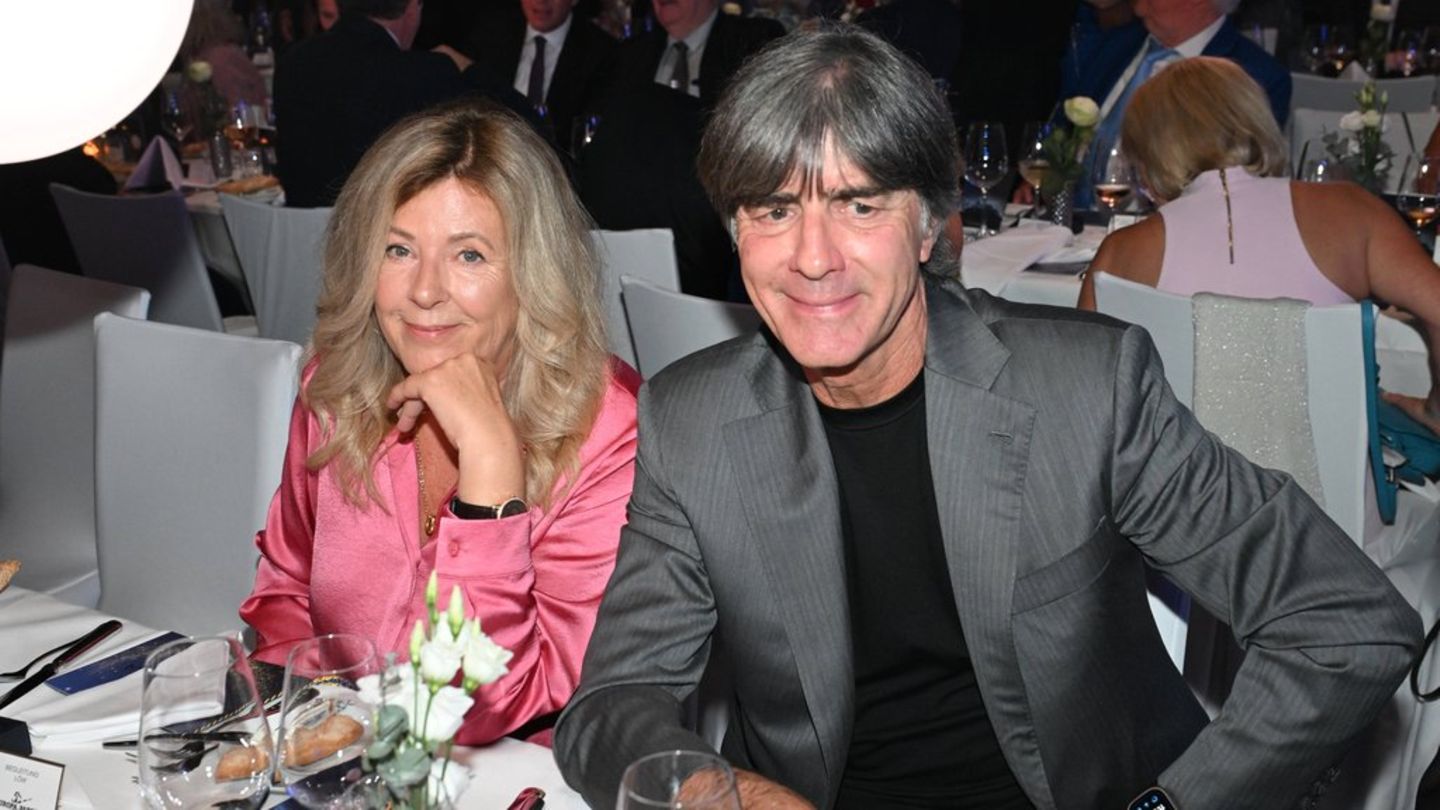The discussion about the K question is troubling the CDU. Friedrich Merz now has a prominent supporter. The head of the largest regional association is withdrawing from the race.
In the Union’s K question, CDU chairman Friedrich Merz has a powerful voice behind him. North Rhine-Westphalia’s Prime Minister Hendrik Wüst said that he was not available to run for chancellor “currently and under the given circumstances” and assured Merz of his support. Wüst leads the CDU regional association with the largest number of members.
In the race for the Union’s candidacy for chancellor, there is now only a duel between Merz and CSU chairman Markus Söder. It is clear that CDU chairman Merz has the right of first recourse. Although there is some evidence that he wants to do it, he is not revealing his cards. At the Ruhr Political Forum, where Merz spoke to 2,400 people in Essen that evening, he did not mention the question of the candidacy for chancellor in his speech or later when answering questions from the audience.
Söder has been less reserved, as he showed at the Gillamoos folk festival the day after the state elections in Saxony and Thuringia. At the time, the Bavarian head of government announced his ambitions quite openly: “For me, being prime minister is the best job. But I would not shirk responsibility for our country.”
Timing of decision on K question remains open
The exact time and process of the decision are still unclear. Merz has always spoken of “late summer” as the time when he and Söder would make a decision. Now the meteorological start of autumn was already on September 1st, the calendar start will be on September 22nd at 2:43 p.m., a few hours before the polling stations close in Brandenburg. Some in the Union, such as CDU General Secretary Carsten Linnemann, are now also talking about “early autumn” as the time of the decision.
It is likely that it will fall soon after the Brandenburg election. However, the CDU’s state chairmen also want to be involved.
Wüst stands behind Merz
With Wüst, Merz now has an important advocate from the ranks of the state chairmen. He asked for support for Merz, said Wüst after a board meeting of the NRW CDU in Düsseldorf.
“Only a strong and united Union at the federal level will succeed in replacing the traffic light coalition. As chairman of the largest regional association of the CDU, it is my duty to promote and secure this unity,” said Wüst. “That is why I informed the regional executive board of the CDU North Rhine-Westphalia today that, currently and under the given circumstances, I am not available for the Union’s candidacy for chancellor in the 2025 federal election.” His duties lie in NRW.
Harsh criticism of the federal government
Before Wüst made the decisive statements, he outlined the latest political developments, the turning points caused by the attack in Solingen and the state elections in Saxony and Thuringia. In NRW, the state government has shown that political solutions can be found. The situation is different nationwide. Therefore, the goal must be to replace the “worst federal government in its 75-year history.”
Wüst was repeatedly mentioned as a potential candidate for the Union’s candidacy for chancellor. He himself also made this awareness clear. “Whoever governs the large state of North Rhine-Westphalia must also be prepared to take responsibility for our entire nation. That also applies to me. In other words, you should never say never,” said Wüst before announcing his withdrawal.
Wüst calls for unity
He is pleased and encouraged by the support he has received. “It does not leave me unmoved when many fellow campaigners and members from various regional associations of our party encourage me to play an even greater role in federal politics,” said Wüst. He therefore weighed things up for himself and ultimately decided that unity was the most important thing for the CDU to be successful.
“The lesson from 2021 is that there is a basic prerequisite for joint electoral success: the unity of the CDU and the Union as a whole,” said Wüst.
In the 2021 federal election campaign, Söder had a tough struggle with the then CDU leader Armin Laschet for the candidacy for chancellor, in which he lost but did not rest afterward; in the end, the Union lost the federal election. Olaf Scholz (SPD) ultimately became chancellor.
Wüst always in supporting role
Wüst is determined to prevent Scholz from becoming chancellor again. In view of the “decline of the traffic light parties,” the Union must reach more people again. “I completely agree with Friedrich Merz when he speaks of the Union’s potential of 35 percent,” said Wüst. This election is more important than many elections in the past. “We have every chance of returning the CDU, the entire Union, to its former strength,” said Wüst.
In the discussion about the K question, Wüst always played a supporting role behind the main actors Merz and Söder. This was also reflected in the poll results. When asked who would give the Union the best chance in the next federal election, 29 percent of respondents in the ZDF Politbarometer at the beginning of September voted for Söder, 23 percent for Merz and only 20 percent for Wüst. Among Union supporters, the order was the same: 32 percent for Söder, 31 percent for Merz and 25 percent for Wüst.
Source: Stern
I have been working in the news industry for over 6 years, first as a reporter and now as an editor. I have covered politics extensively, and my work has appeared in major newspapers and online news outlets around the world. In addition to my writing, I also contribute regularly to 24 Hours World.




